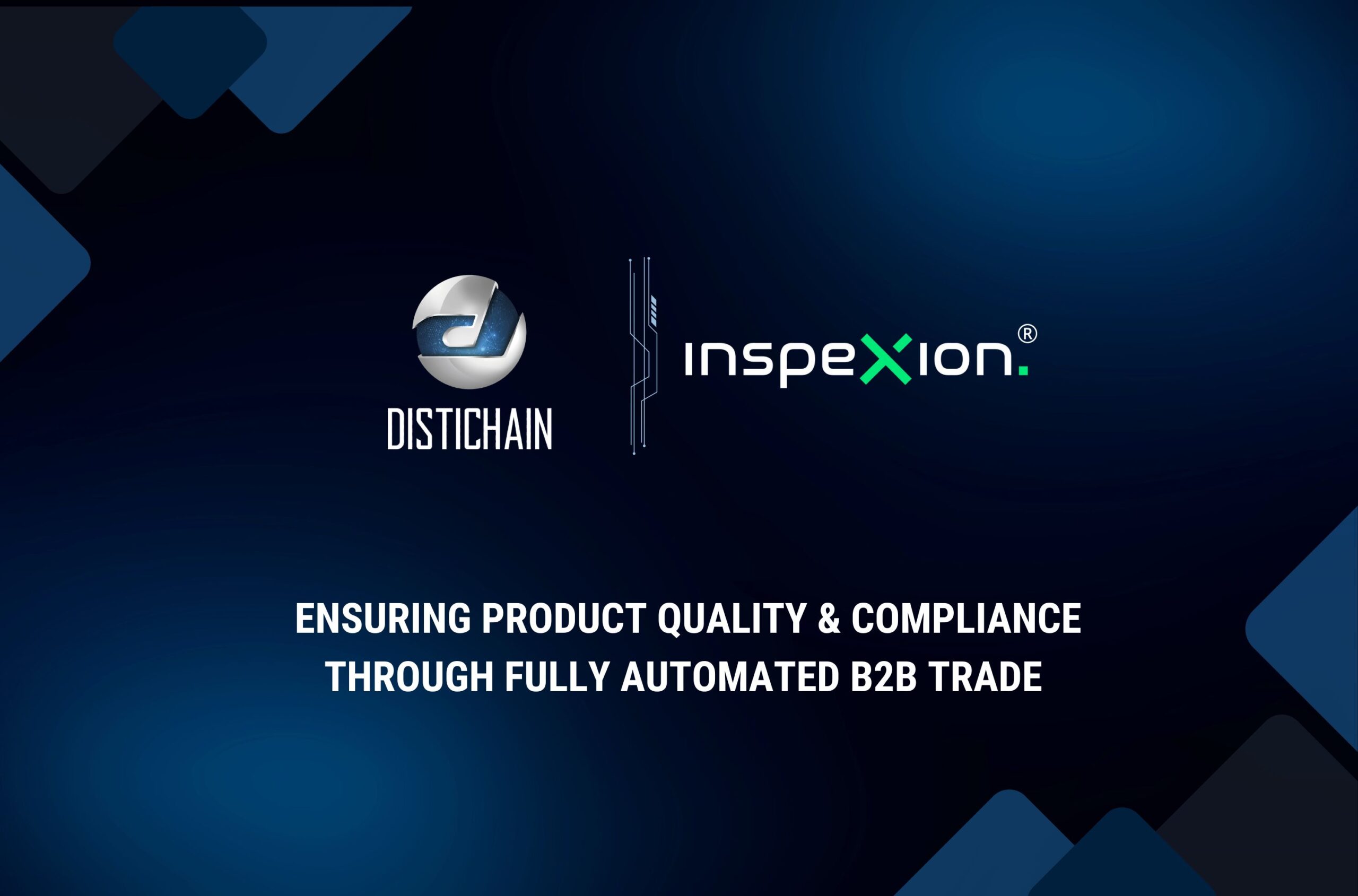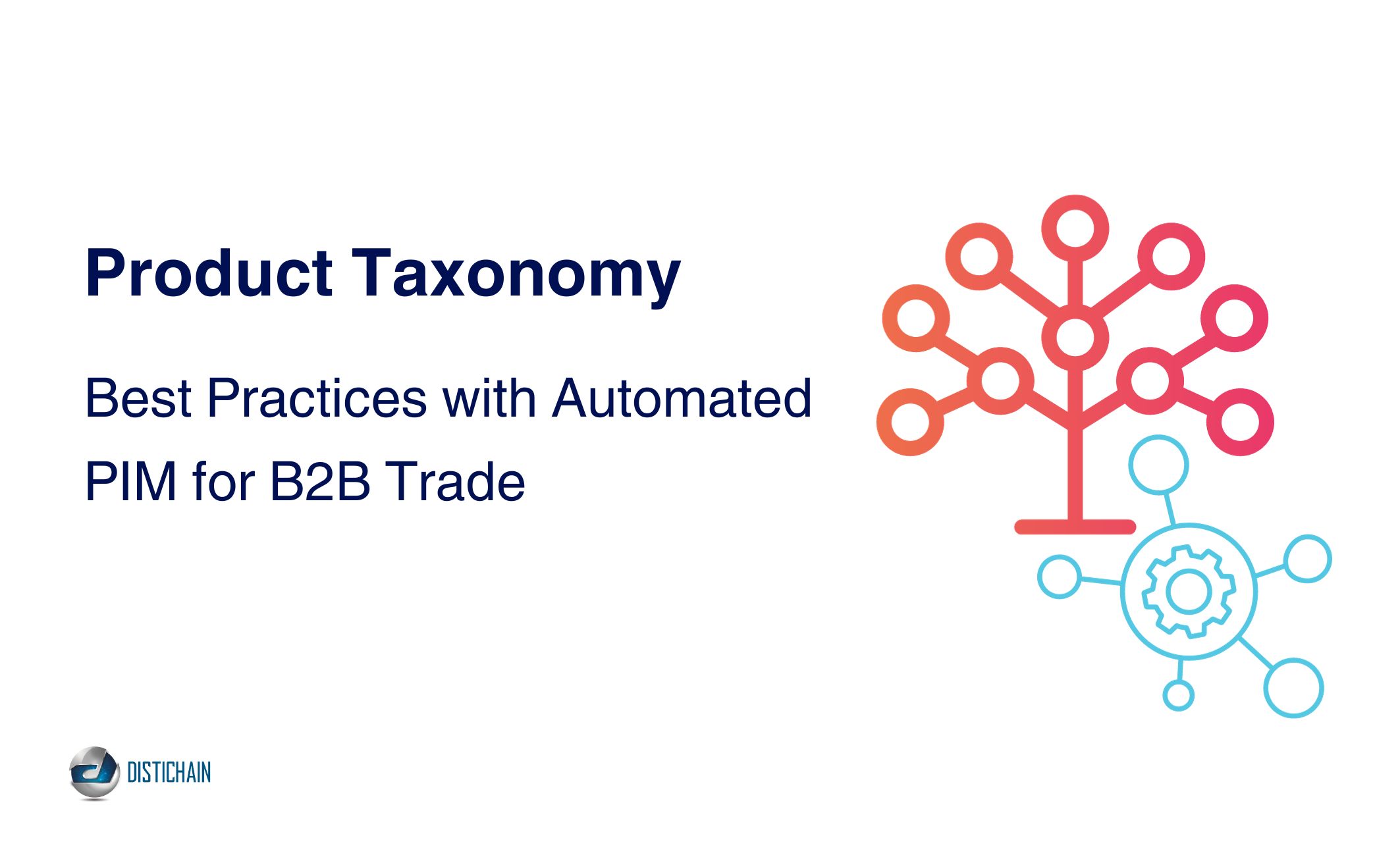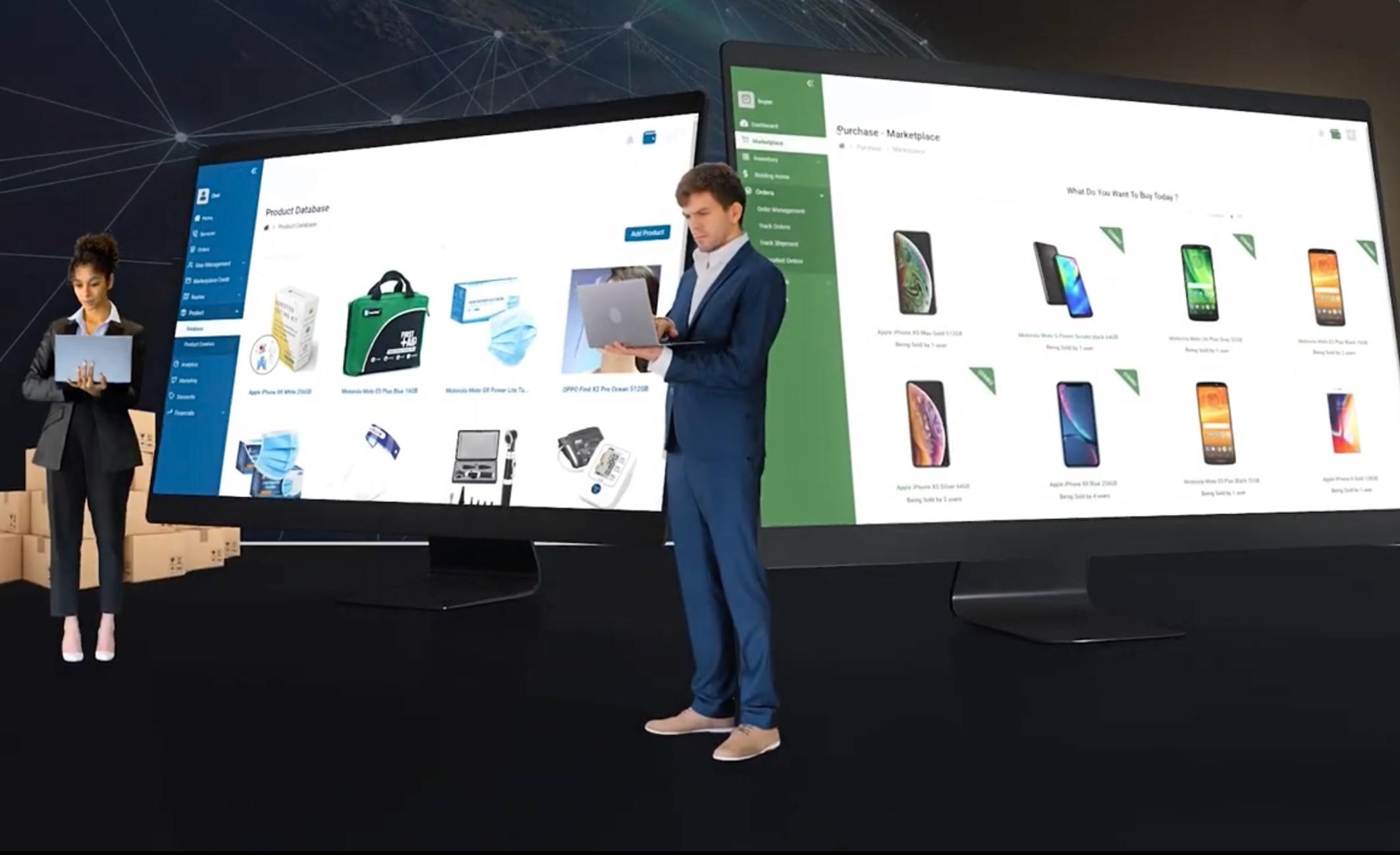Companies must streamline processes and ensure efficient trade operations in today’s business environment. This is particularly true for complex processes like B2B digital trade, which need automation now more than ever.
In this article, we explore the value of migrating towards an automated B2B digital trade process.
The B2B Digital Trade Process
B2B digital trade involves the exchange of goods and services between businesses through digital channels. This process includes the following steps:
The Role of Technology in Enhancing Digital Trade
Thanks to cutting-edge technologies like AI, blockchain, big data, IoT, and cloud computing, digital trade has seen tremendous growth. Here are how technology enhances B2B digital trade:
- Seamless communication: Digital platforms allow stakeholders to communicate and collaborate. This results in smooth transactions and informed decisions.
- Real-time data analysis: AI and big data analytics help businesses anticipate market shifts. They are then able to make data-driven decisions, increasing their global competitiveness.
- Automation: AI and machine learning technologies automate repetitive tasks. This frees up resources for innovative and strategic initiatives.
- Enhanced security: Blockchain technology ensures secure and transparent transactions. This maintains the integrity and authenticity of information.
- Greater accessibility: Cloud computing enables businesses to access and manage resources from anywhere. This facilitates global trade without geographical constraints.
- Customizable solutions: A large number of technology providers allow businesses to choose the right tools and services for their specific needs.
Adopting innovative technologies is crucial for success in the global market. By embracing these innovations, companies can overcome the intricacies of digital trade. This helps them maintain their competitiveness in an interconnected world.
Technology’s remarkable progress in digital trade accentuates the stark challenges of manual processing in today’s fast-paced environment.
Manual Processing & Its Challenges
So what is manual processing? In B2B trading, manual processing refers to using human labor to perform tasks such as order placement, invoicing, payment processing, and data entry. This is without the use of automation or electronic systems.
Manual processing in B2B digital trade presents many challenges and can be complex. Common issues associated with manual processing include:
- Increased risk of human errors: Mistakes in data entry, calculations, or communications can result in costly disruptions and inaccuracies.
- Limited transparency: Tracking the progress of transactions and monitoring and verifying information can be difficult in a manual environment. This can result in reduced visibility and accountability.
- Scalability concerns: As businesses grow, the volume of transactions and complexity of processes can become overwhelming. Operations can become difficult to scale efficiently.
- Time-consuming tasks: Manual processing requires considerable time and effort. This takes away resources from more valuable, strategic activities.
- Difficulty coordinating parties: It can be tough to manage stakeholder relationships and communication on different channels. Potential misunderstandings and delays are a risk.
- Inconsistency: Employees using different methods to process information can result in inconsistent data and outcomes.
- Security risks: Sensitive information is more vulnerable to unauthorized access when handled manually. This poses a data security and privacy risk.
- Reduced competitiveness: As rivals adopt automated solutions, businesses relying on manual processes may need help to keep up with rapid developments.
By embracing automation, businesses can overcome these challenges and leave their worries behind.
Benefits Of Automating B2B Digital Process
Embracing automation of the B2B digital trade process offers businesses a multitude of advantages, including:
- Improved efficiency: Automation reduces mistakes and saves time by handling repetitive tasks, freeing up businesses to concentrate on critical tasks and long-term planning.
- Enhanced transparency and security: Digital processes provide real-time access to transaction data, enabling better decision-making and ensuring that sensitive information is kept safe and confidential.
- Greater scalability: Digital systems can adjust to a business’s growth, accommodating changing needs and market trends.
- Strengthened relationships: Digital communication channels foster collaboration, trust, and productive partnerships with customers, suppliers, and a vast network of partners.
- Cost and error reduction: Streamlining processes and cutting manual labor lead to significant cost savings and fewer errors.
- Increased visibility: Digitization provides end-to-end visibility in the supply chain. This enables real-time tracking and data-driven decision-making.

What To Look For in a B2B Trade Process Software Solution
When choosing a B2B trade process software solution, businesses should consider several critical factors to select the right platform to meet their needs.
Innovative Technologies
When evaluating B2B trade process software solutions, it’s essential to consider the underlying technology. The following innovative technologies are among the most relevant ones:
Blockchain
Blockchain technology is popular for a good reason. It creates a reliable and efficient ecosystem for seamless communication between trading parties, ensuring secure transactions and an improved user experience.
Smart Contracts
Smart contracts are a part of blockchain technology that uses code to automate agreements based on specific conditions programmed in advance. This eliminates the need for manual intervention and boosts efficiency in the process.
End-to-End Supply Chain Tracking
End-to-end supply chain tracking provides real-time monitoring of goods from origin to destination. This visibility enables stakeholders to identify issues and make informed decisions, helping businesses optimize operations and minimize risks such as disruptions and delays.
User-Friendly UX/UI
An intuitive interface is crucial for a seamless experience when streamlining digital trade processes. It makes it easy for businesses to navigate and use the platform’s features.
Businesses in need to digitize should choose a platform that integrates necessary technology and keeps them ahead of the game. It is advisable to look for an innovative platform that revolutionizes how companies trade. It should offer a comprehensive, 360-degree infrastructure platform for international trade. The solution should be able to automate B2B trade processes for greater productivity and reliability. Having a vast network of partners and robust security make it an invaluable tool.
–
In today’s competitive global economy, embracing digital transformation and automation is crucial. Marketplace owners should find a comprehensive solution that streamlines processes, enhances efficiency, and fosters collaboration. Opting for blockchain technology, smart contracts, and end-to-end supply chain tracking, will create a secure, transparent business growth and innovative trading environment.
Stay ahead in the fast-paced market, surpass competitors, and unlock your company’s potential with the right solution for your business workflows.
Ready to streamline and improve your B2B Digital Trade profitability? Learn how our solutions can help.












